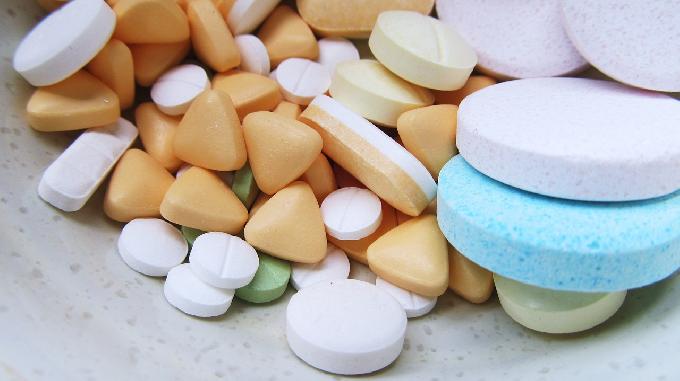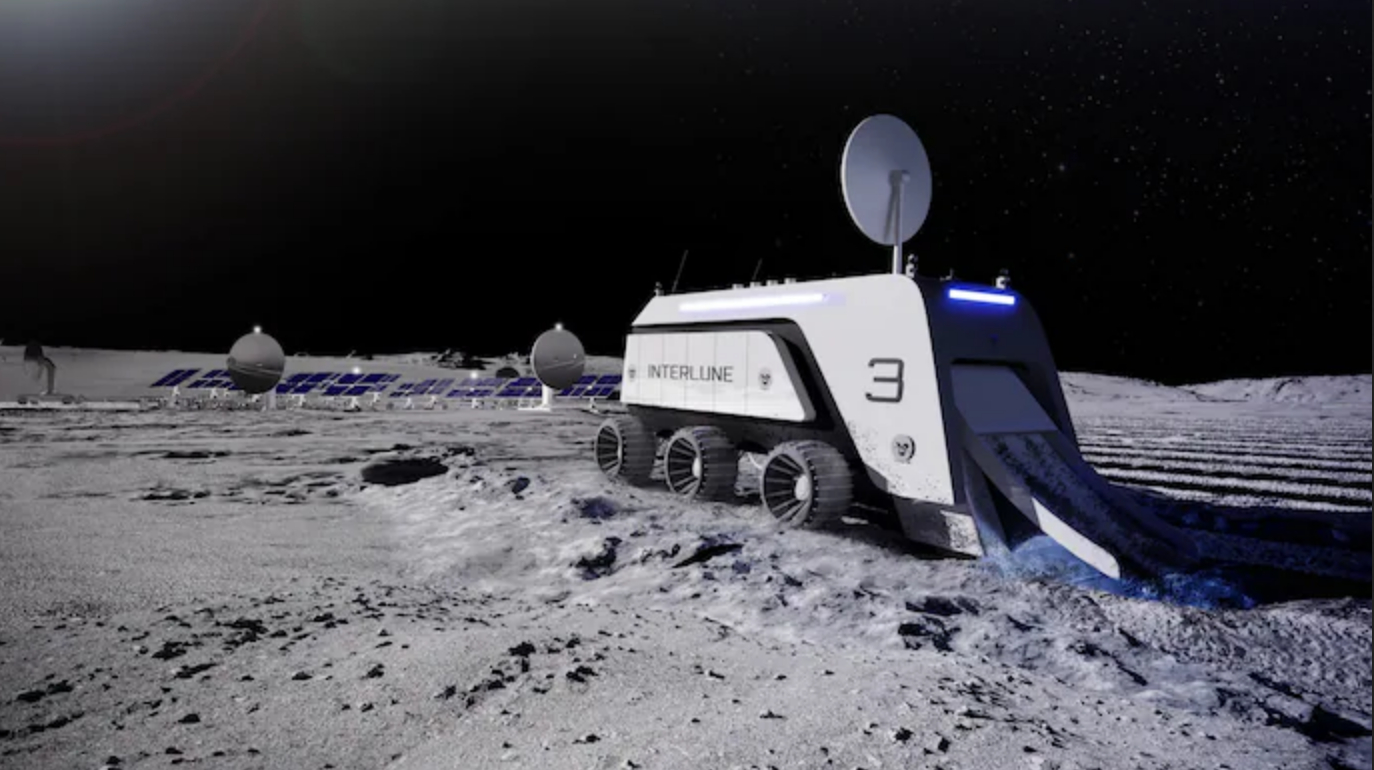The food industry is witnessing a significant transformation as recyclable materials take center stage in sustainable packaging solutions. These innovations are designed to reduce waste, lessen environmental impact, and align with consumer demand for eco-friendly practices. Whether packaging a quick snack like a nutritious protein bar or a complete ready-to-eat meal, recyclable materials are redefining the standards of quality and responsibility.
The Problem with Traditional Packaging
For decades, single-use plastics dominated food packaging due to their affordability and effectiveness in preserving freshness. However, this convenience has come at a steep environmental cost. Australia generates over 3 million tonnes of plastic waste annually, with less than 15% being recycled. Much of this waste ends up in landfills or polluting oceans, where it can persist for hundreds of years.
Recyclable packaging provides a solution to these issues. By focusing on materials that can be reused or repurposed, manufacturers are closing the loop on waste and reducing the industry’s overall environmental footprint.
Innovations in Recyclable Packaging
The push for sustainability has led to exciting advancements in packaging materials. These developments make recyclable packaging more effective, versatile, and widely accessible.
Bio-Based Plastics
Bio-based plastics, derived from renewable resources like cornstarch and sugarcane, offer a sustainable alternative to traditional plastics. They provide similar durability and functionality while being biodegradable and easier to recycle.
Mono-Material Packaging
Historically, mixed-material packaging has posed challenges for recycling due to the difficulty of separating components. Mono-material designs solve this problem by using a single recyclable material, simplifying the process and improving efficiency.
Eco-Friendly Coatings
One challenge with recyclable packaging is maintaining food quality. To address this, researchers have developed plant-based coatings that protect against moisture and oxygen. These coatings ensure that products stay fresh while adhering to sustainability goals.
Benefits Beyond Sustainability
Recyclable packaging delivers more than just environmental benefits. It offers significant advantages for businesses and consumers alike:
- Enhanced Brand Appeal: Eco-conscious consumers are more likely to support brands using sustainable practices.
- Regulatory Compliance: Governments, including Australia, are enforcing stricter packaging regulations, making recyclable materials essential for compliance.
- Cost Efficiency Over Time: While the initial costs of recyclable materials may be higher, businesses can save money through waste reduction and streamlined processes.
Embracing the Future of Packaging
Adopting recyclable materials is no longer optional for businesses that want to stay competitive. Conducting a packaging audit, collaborating with eco-conscious suppliers, and educating consumers about proper recycling practices are essential steps. Companies that innovate with design and optimize materials can lead the charge in sustainability.
Recyclable packaging is more than a trend—it’s a fundamental shift in how the food industry operates. As these technologies continue to evolve, they promise a future where convenience and environmental responsibility coexist seamlessly, setting a new standard for global sustainability.







